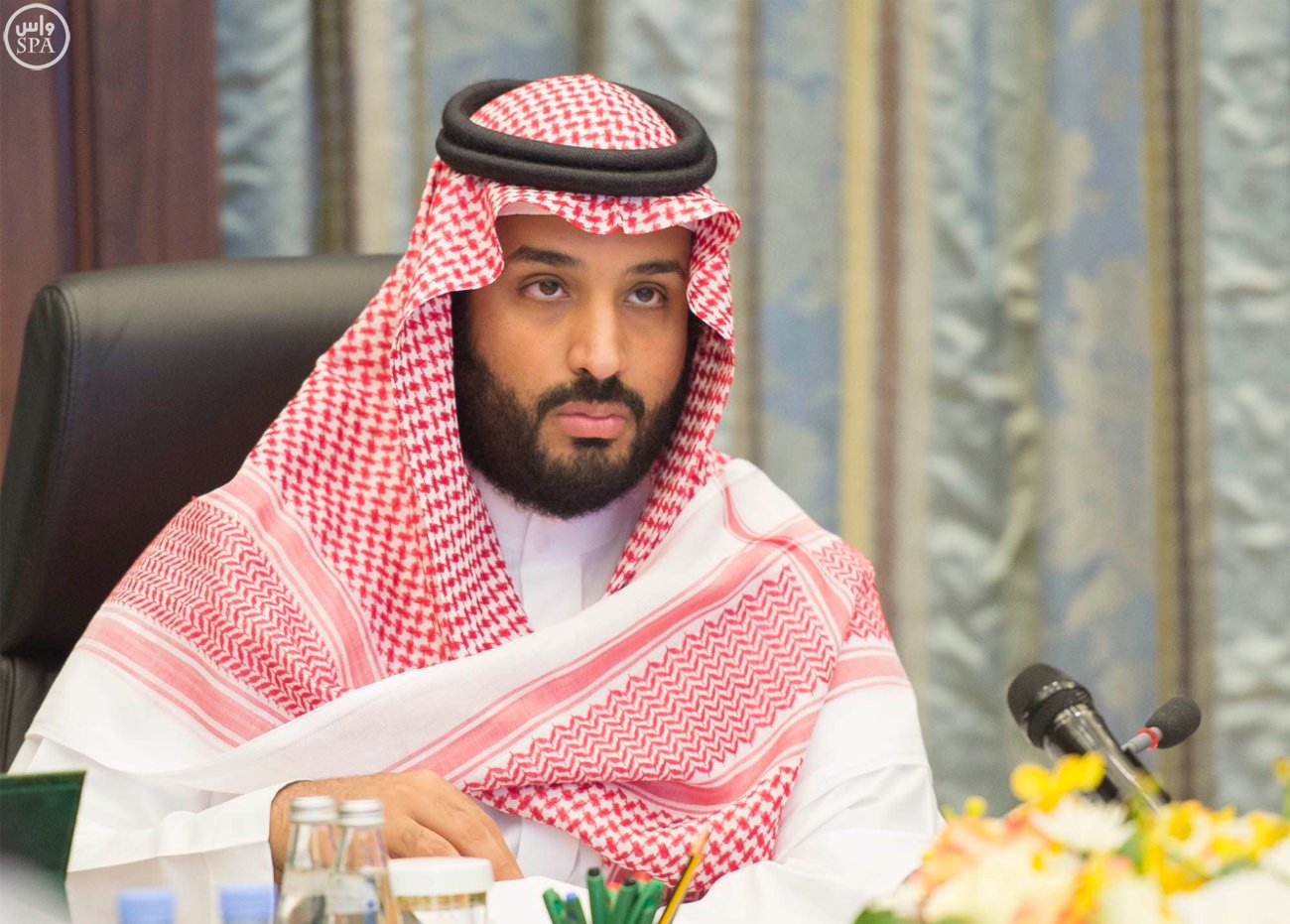Investors and analysts are mixed in their reactions after a wild weekend for Saudi Arabia that put the Kingdom into the international spotlight.
Within the span of just days, Saudi Arabia said it shot down a missile that nearly hit Riyadh’s international airport, launched a new corruption body that immediately arrested some of Saudi Arabia’s wealthiest international businessmen and former and active ministers, and had a helicopter with a prince and other top officials crash near the Yemen border. Also, Lebanon’s Prime Minister backed by the Saudi royal family, Saad Hariri, stepped down in a televised broadcast from Saudi Arabia on Saturday, denouncing Hezbollah and its Iranian backers, and saying he feared for his life.
“The homeland will not exist unless corruption is uprooted and the corrupt are held accountable,” the royal decree said. But while officials in Saudi Arabia called the arrests an anti-corruption drive, but outside observers deemed the moves part of a domestic power consolidation.
“The detentions were designed to silence alleged support in the kingdom for an end to the almost four-month old Gulf crisis that has pitted Saudi Arabia and its allies against Qatar, mounting criticism of the conduct of the Yemen war, and Prince Mohammed’s reforms,” James Dorsey from the Middle East Institute wrote.
But for investors taking the long view in the Kingdom, the moves might signal a Kingdom more serious about its economic and social reform plans as well as its need to drive out corruption to attract investment.
“Either way, the move is likely making investors see Saudi assets as riskier, so they’re set to demand higher returns,” Sri Jegarajah from CNBC wrote. “Some believe the extraordinary purge is an attempt by 32-year-old Crown Prince Mohammed Bin Salman to consolidate his power by eliminating potential rivals. That may herald political uncertainty, tension and possibly unrest not seen before in the history of OPEC’s biggest oil producer.”
“It depends what your timeline is. If your timeline is next week and you’re looking to invest next week then I would say this probably shouldn’t be welcome,” Michael Stephens, a research fellow at U.K. think-tank the Royal United Services Institute, told CNBC on Monday. “Whatever way you look at it, Saudi Arabia had a massive, great big wall in front of it. It had a population bubble, it had an unemployment problem and it was not doing really that much to solve any of these things,” Stephens said.
After the weekend, oil traded near the highest level in two years.









